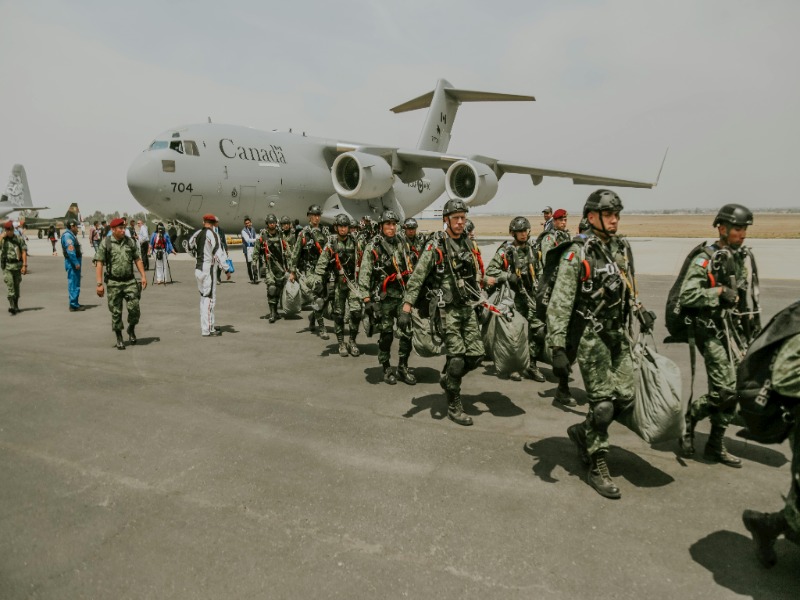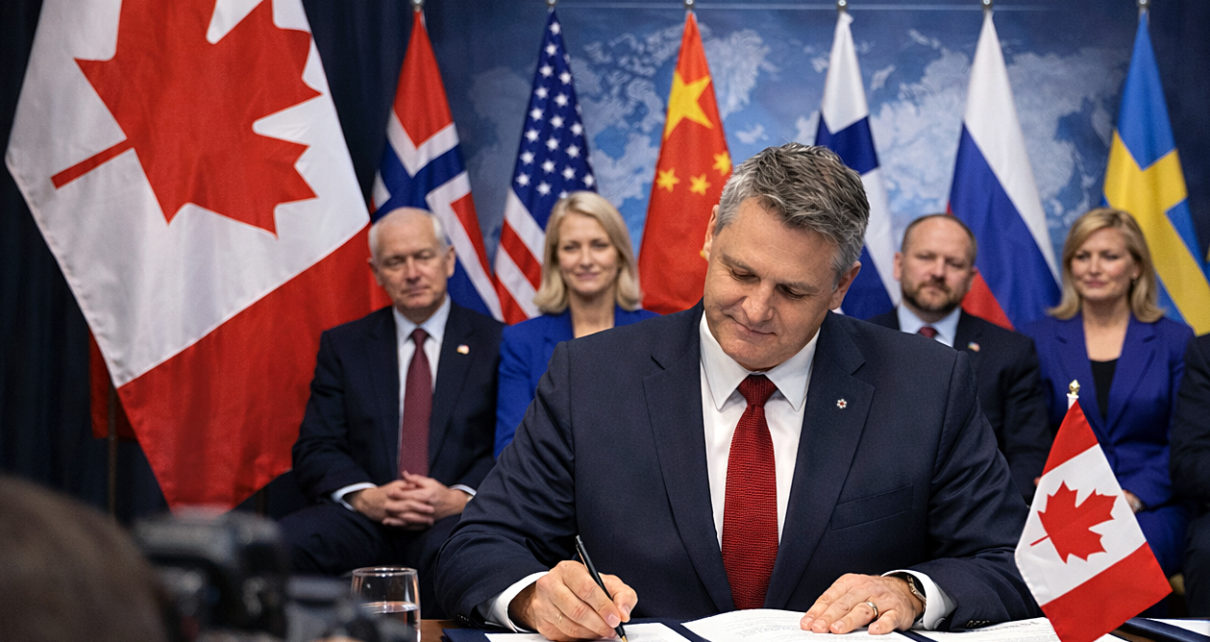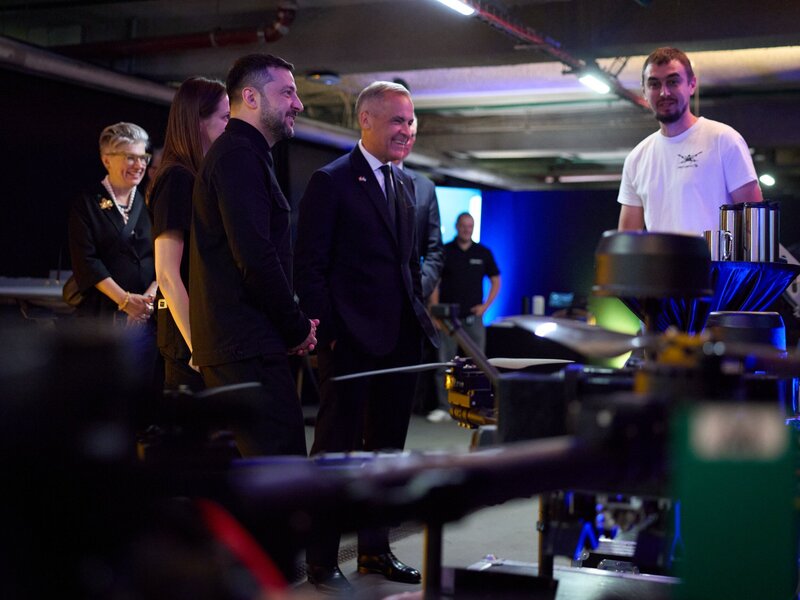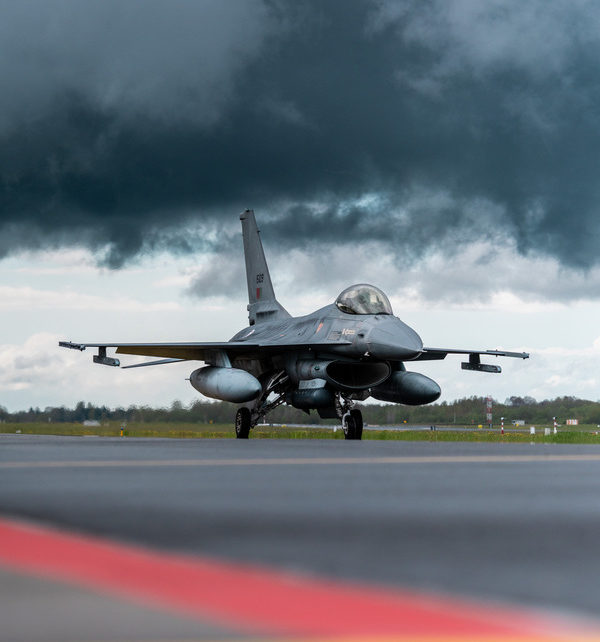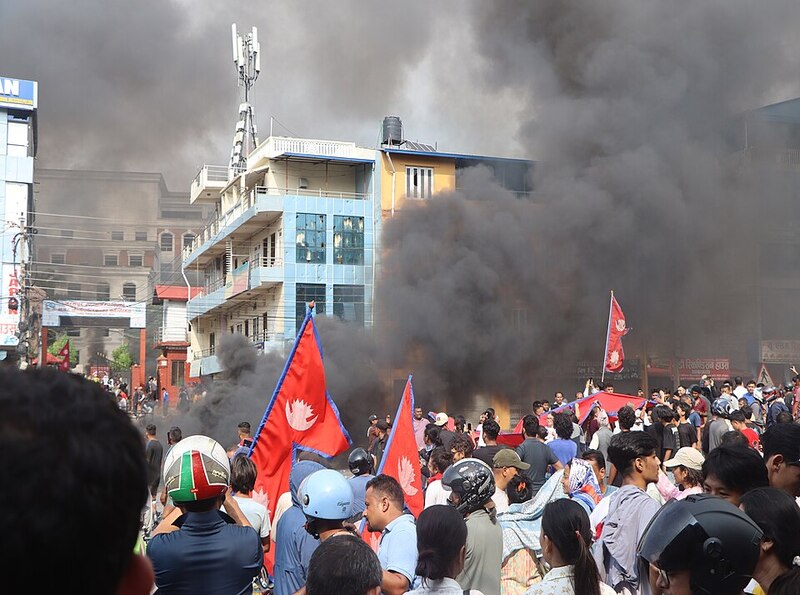In this piece, Hermean Japra examines how hybrid warfare, using tools such as disinformation, cyberattacks, and economic pressure, undermines democratic resilience. She analyzes how gendered disinformation and online abuse are used to silence women, limit their participation in public life, and weaken societal resilience. Her analysis outlines practical
strategies NATO can adopt, including improved gender-sensitive threat analysis, support mechanisms for targeted women, and strengthened information resilience systems to counter gender-based hybrid threats.
4. Programs
placeholder for programs
When Narratives Undermine Security: How Disinformation Shapes the Environment Around Canada’s Defence Decisions
Modern adversaries no longer need to cross borders to weaken Canada’s security. They focus instead on the environment in which defence decisions are made. Public trust, ideas about cost, and perceptions of Canada’s place in the world become strategic targets. When the informational space around defence policy is filled with confusion or mistrust, even the Read More…
POWER PLAY IN THE ARCTIC: PART 5 – Blueprint for Canadian Arctic Leadership
*This is the fifth instalment of a six-part series. From a legal perspective, Canada’s ability to assert its sovereignty and security in the Arctic is hindered by the United Nations Convention on Law of the Sea (UNCLOS) and the Polar Code. Notably, while UNCLOS and the Polar Code respectively attempt to create a “standard framework Read More…
Who Owns the Infrastructure?
Foreign Investment, Market Structure, and NATO Economic Security Russia’s invasion of Ukraine marked a turning point in how NATO understands economic security. The immediate response was necessarily focused on energy: securing supply, diversifying imports, and hardening critical infrastructure against disruption. These efforts were essential. They reflected a growing recognition that dependence on hostile or unreliable Read More…
Canada Already Entered the Quantum Era: Is it Exposed or Ready for What Comes Next?
An Interview with Brad McInnis Part 1 Brad McInnis is a cybersecurity and cryptographic resilience expert with more than twenty-five years of experience spanning industry, Canadian defence intelligence, the Five Eyes community, U.S. government and defence environments. His work has focused on long term confidentiality, enterprise key management, and large-scale cryptographic modernization for national level systems. He Read More…
Special Report: In All of Us Command: Rethinking Conscription Through a Gender-Inclusive Lens
How could gender-inclusive national service shape Canada’s future defence posture? This article examines the growing debate around universal service in Canada, assesses its implications for Women, Peace and Security commitments under NATO, and draws lessons from Nordic models to consider whether compulsory service could strengthen societal resilience and women’s meaningful participation in defence.
Canada’s Military Assistance to Ukraine in 2025: Key Trends
In 2025, with the start of Donald Trump’s second U.S. presidential term, Ukraine faced a dramatic shift in the American position on providing it with direct military support. The United States — previously Ukraine’s main supplier of military equipment, covering roughly 30% of Ukraine’s defence needs — has now completed the delivery of aid packages approved under Read More…
Who Decides the Rules? NATO, Air Defence, and Russian Drone Incursions in Europe
On November 24, 2015 after Russia had already launched its invasion of Ukraine, a Russian Sukhoi Su-24 was shot down by a Turkish F-16 after crossing into Turkish airspace. Since then, Russia has avoided any similar incursions or ‘tests’ of Turkey’s borders. Ten years later, on November 25, 2025, a Russian drone breached Romanian airspace Read More…
If Knowledge Is Power, Then Shared Knowledge Is Lethal: The Story of the Five Eyes
Over the past decade, the global security landscape has become increasingly volatile, blurred, and unpredictable, marked by hybrid warfare, grey-zone tactics, and influence operations that unfold across cyberspace and global technology markets. The very nature of conflict is evolving as authoritarian powers recognize that information dominance has become a weapon. These powers are investing heavily Read More…
Democracy, Discontent, and the Digital Age: Lessons from Nepal for the World
Narayan Srivastava examines Nepal’s 2025 political upheaval as a warning signal for democracies worldwide.From a sweeping social-media ban to youth-led protests that brought down a government, Nepal reveals how digital connectivity, declining trust in institutions, and demographic pressures are reshaping political power. This article situates Nepal within a broader global pattern from South Asia to Europe where digitally mobilized citizens are challenging elite governance structures. The piece argues that these movements are less about ideology and more about systemic failure, offering critical lessons for democratic resilience, international security, and the future of governance in the digital age.


